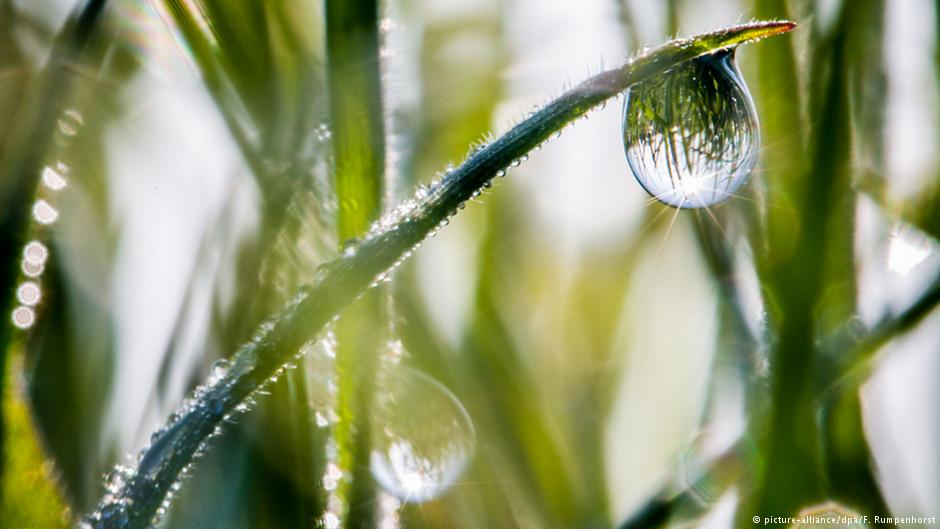
Manure and Mysticism: Biodynamic Farming Turns 90
Since spiritually oriented biodynamic agriculture began in Germany 90 years ago, its popularity - and controversy - have spread across the globe. The method is definitely eco-friendly. But can it help feed the planet?
As Global Soil Week gets underway Sunday (19.04.2015), DW takes a closer look at this controversial farming method. What's behind biodynamic agriculture - does it work? And can it help feed the planet sustainably?
April 16, 2015 | Source: DW | by Ruth Krause
Since spiritually oriented biodynamic agriculture began in Germany 90 years ago, its popularity – and controversy – have spread across the globe. The method is definitely eco-friendly. But can it help feed the planet?
No chemicals, no big machines: When Johannes Rodewyk applies fertilizer, he follows rules. At a certain point in autumn, he places a handful of cow manure into a cow horn and buries it in the earth until Easter. He then takes water soaked in the manure and mists it across his fields: 50 grams (2 ounces) per hectare.
Two horses, one donkey, five pigs, one pond, and numerous freely roaming hens and cows – Rodewyk’s farm in far northern Germany has nothing to do with industrial agriculture or monocultures. Since the beginning of the year, it’s been certified as biodynamic by Demeter, the biodynamic agriculture association with the strictest regulations in the world.
As Global Soil Week gets underway Sunday (19.04.2015), DW takes a closer look at this controversial farming method. What’s behind biodynamic agriculture – does it work? And can it help feed the planet sustainably?
It’s all about dynamic
Biodynamic farming takes organic agriculture a step further. Rejuvenating aspects distinguish this method, says Renee Herrnkind of the Demeter association: “We don’t want to simply leave harmful things out. We want to add something good as well.”
Biodynamic farms don’t focus on yield, but rather on overall benefit for humans and the environment. Demeter farms are therefore structured around diversity, while regular organic farms tend to specialize in a few products.
Biodynamic farms have hedges, wide margins around their fields, and crops are rotated more often – in short, biodiversity is increased.
“The key is to understand such farms as organisms, where one organ feeds into another,” Herrnkind says. Demeter farms almost always have animals, for example, which fertilize the fields.
